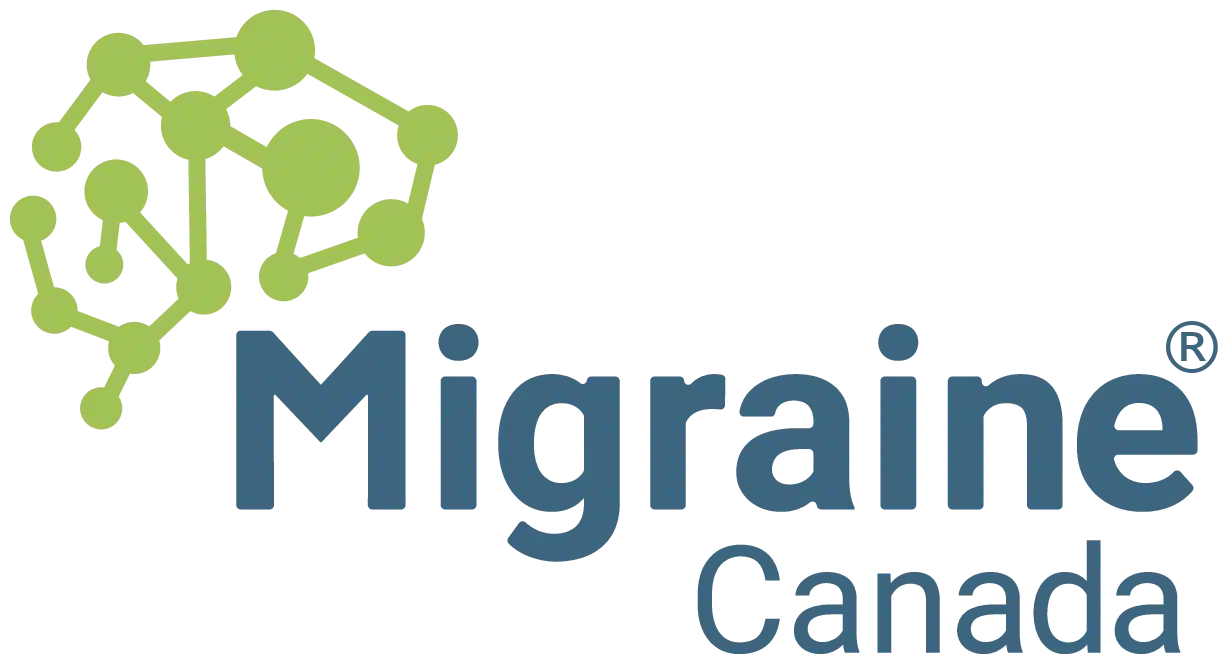School and Camp
Home »
Migraine is common among children, adolescents, and university students, affecting 10% of children before puberty. Disabling migraine attacks can significantly impact quality of life and learning ability, making it very difficult to fully engage in school, camp, and related activities.
Loved ones, teachers, and administrators can all work together to support students (of all ages) who are living with this chronic disease. The goal should be to work together as a team and create an environment for children to manage their pain, minimize disruptions, and maximize their education. It is important to promote healthy pain-coping behaviours and inform educators of the important role they play.
On this page you will find:
Tools for Students and Parents
Podcasts & Videos
Frequently Asked Questions
Interactive Tools & Resources for Students, Teachers and Parents

The Migraine Traffic Light System: A Simple Way to Track Headache Severity
If you have migraine, it can be challenging to explain just how much your daily life is impacted. That’s where the Traffic Light System for Migraine Severity comes in, a straightforward,...

Pediatric Dosing Guide
Migraine Canada™ has collaborated with the Canadian Headache Society (CHS) and the Pediatric Canadian Headache Network (PeCaHN) to develop a reference document on Therapeutic Management of Acute...
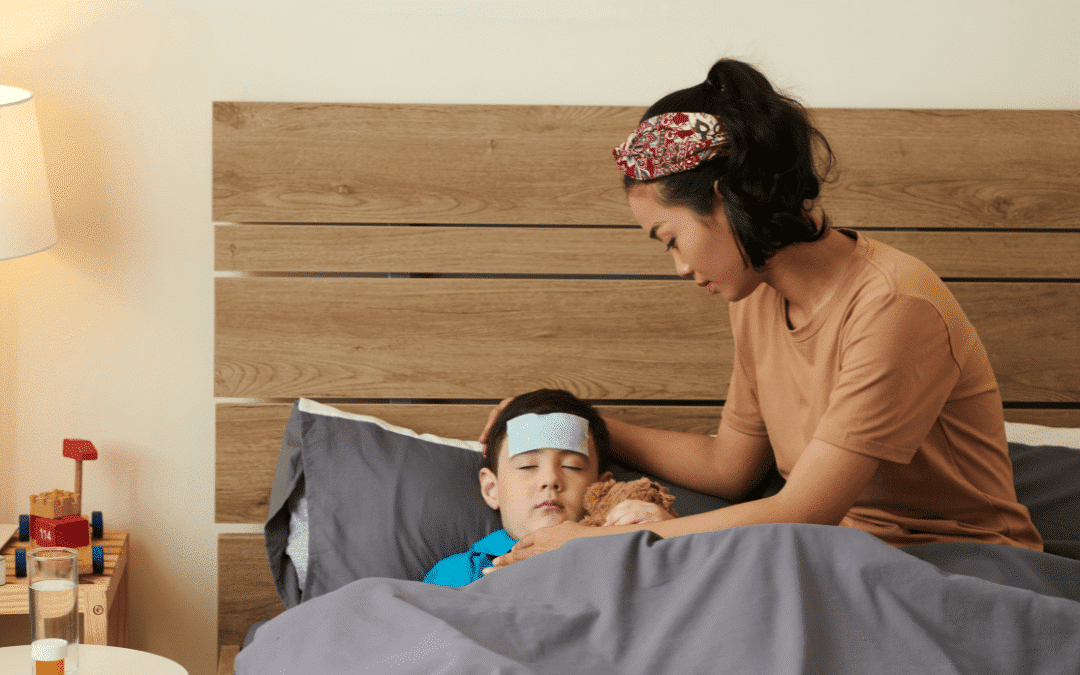
Parent Education Guide: Headache Disorders in children and adolescents
This comprehensive resource empowers parents and families to effectively support children and teens (ages 6-17) who suffer from migraine and other headache disorders. It provides a clear overview of...

School Medical Letter Templates
For children living with migraine, school can be a challenging environment without support and understanding. Migraine Canada™ has teamed up with leading Pediatric Neurologists at PeCaHN and the...

Alternating Hemiplegia of Childhood
What is alternating hemiplegia of childhood? Alternating hemiplegia of childhood (AHC) is a rare condition with repeated bouts of weakness or paralysis that may affect one side of the body or the...
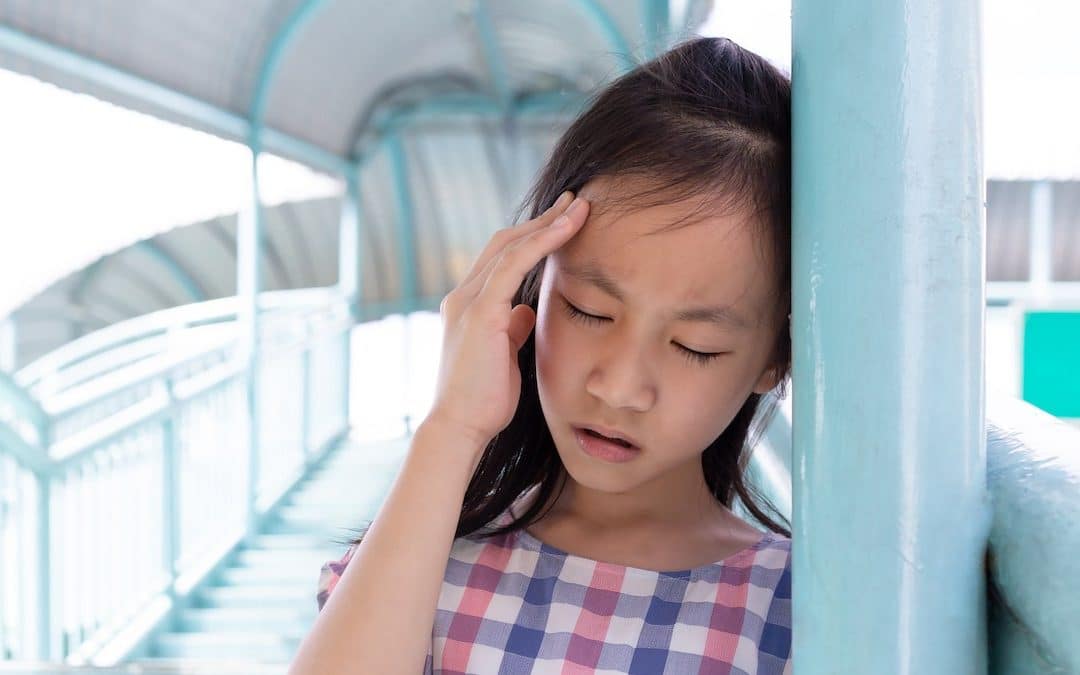
Vestibular Migraine in Children
Understanding Vestibular Migraine Vestibular migraine ranks as the second most common cause of vertigo in children, typically affecting girls between 6 and 12 years of age. Children with this...

Cyclic Vomiting Syndrome
What is Cyclic Vomiting Syndrome? Cyclic Vomiting Syndrome (CVS) is an episodic syndrome that may be associated with migraine (see our post on Early Life Expressions of Migraine). Patients...
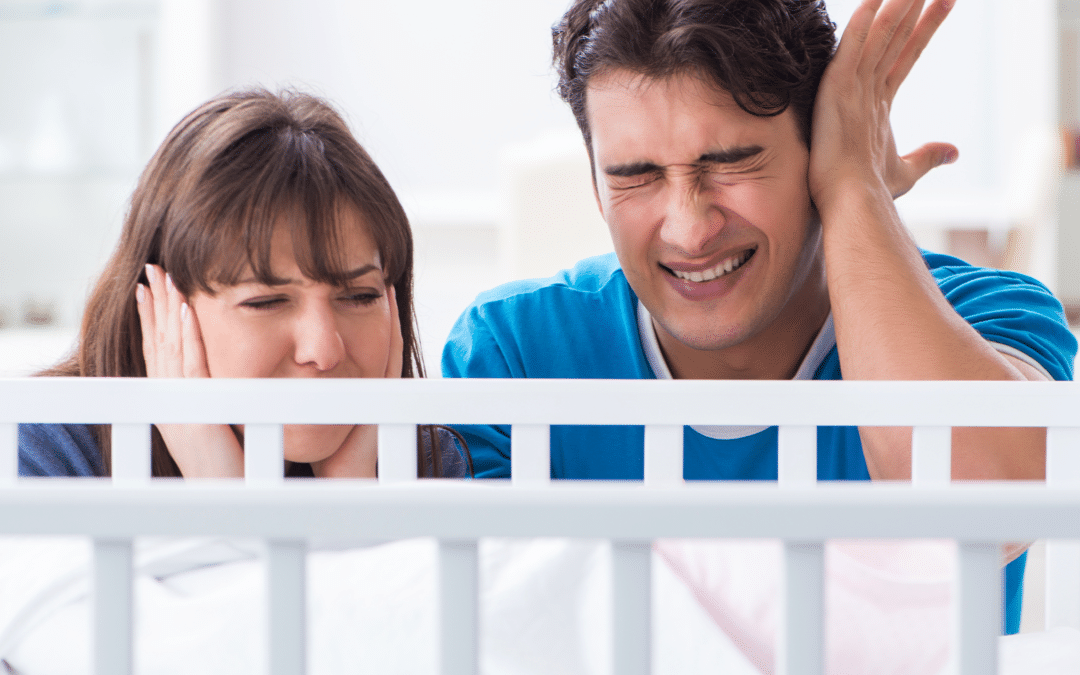
Infant Colic and Migraine
What is infant colic? Infant colic is characterized by excessive crying in otherwise healthy and well-fed babies. It affects 5-19% of infants. Colicky crying typically peaks around six weeks of life...

Abdominal Migraine
What is Abdominal Migraine? Abdominal migraine is a childhood migraine variant, commonly affecting school-aged children between 4 and 7 years old (see our post on Early Life Expressions of...
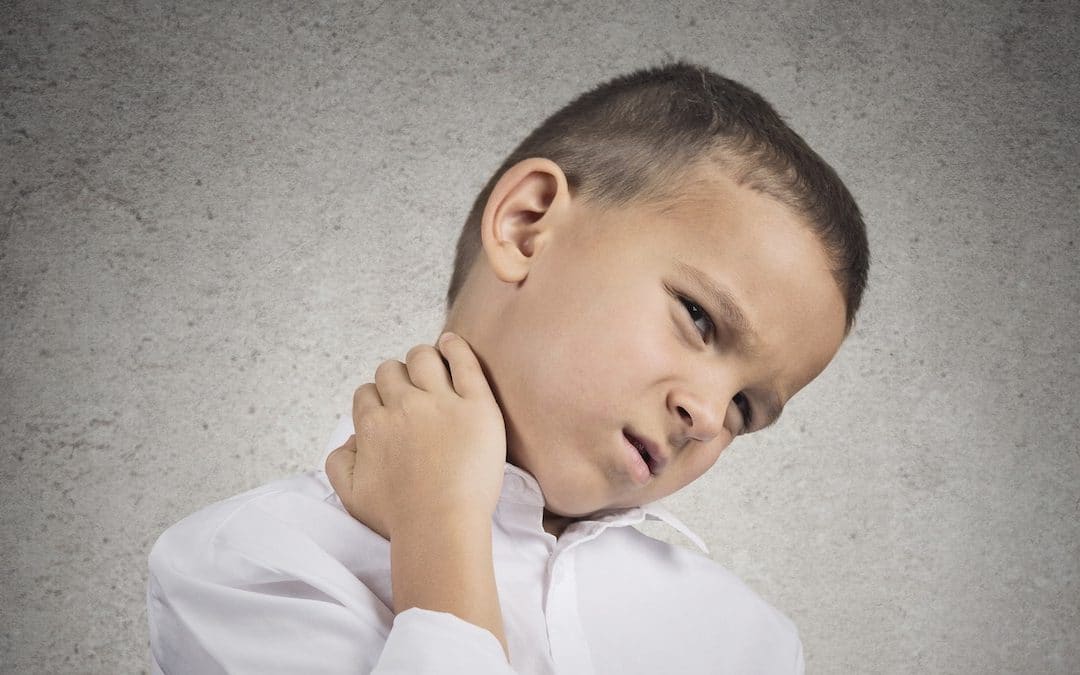
Benign Paroxysmal Torticollis
What is Benign Paroxysmal Torticollis? Benign paroxysmal torticollis (BPT) is a rare migraine variant that begins during infancy and early childhood. Children with BPT experience repeated attacks of...

Early Life Expressions of Migraine
Understanding the early signs of migraine in children can provide valuable insights into this neurological condition. This comprehensive overview explores several early life conditions linked to...
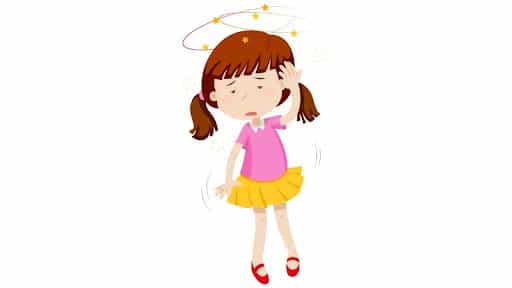
Benign Paroxysmal Vertigo
What is benign paroxysmal vertigo? Benign paroxysmal vertigo (BPV) typically affects children between the ages of 2 and 5, causing recurrent episodes of dizziness or vertigo (spinning sensation)....
Resources for Children & Students

School Medical Letter Templates
For children living with migraine, school can be a challenging environment without support and understanding. Migraine Canada™ has teamed up with leading Pediatric Neurologists at PeCaHN and the...

Back to School Checklists
Does your child live with migraine? For children with migraine, starting a new school year can be challenging. What can you do to ensure a smooth transition and successful school year? Migraine...

Summer Camp Checklist
Hat? Check! Sunscreen? Check! Bathing suit? Check! You may already have a standard summer camp packing list, but if your child experiences migraines, you’ll want to ensure they’re set up for a...

Migraine Talks Episode 11: When Children Have Migraine
In episode #11 paediatric neurologist Alexandra Faber joins Dr. Elizabeth Leroux to tackle the topic of migraine in children. Since children’s symptoms often differ from adults’, and they may...
Podcasts & Videos for Students, Teachers, and Parents
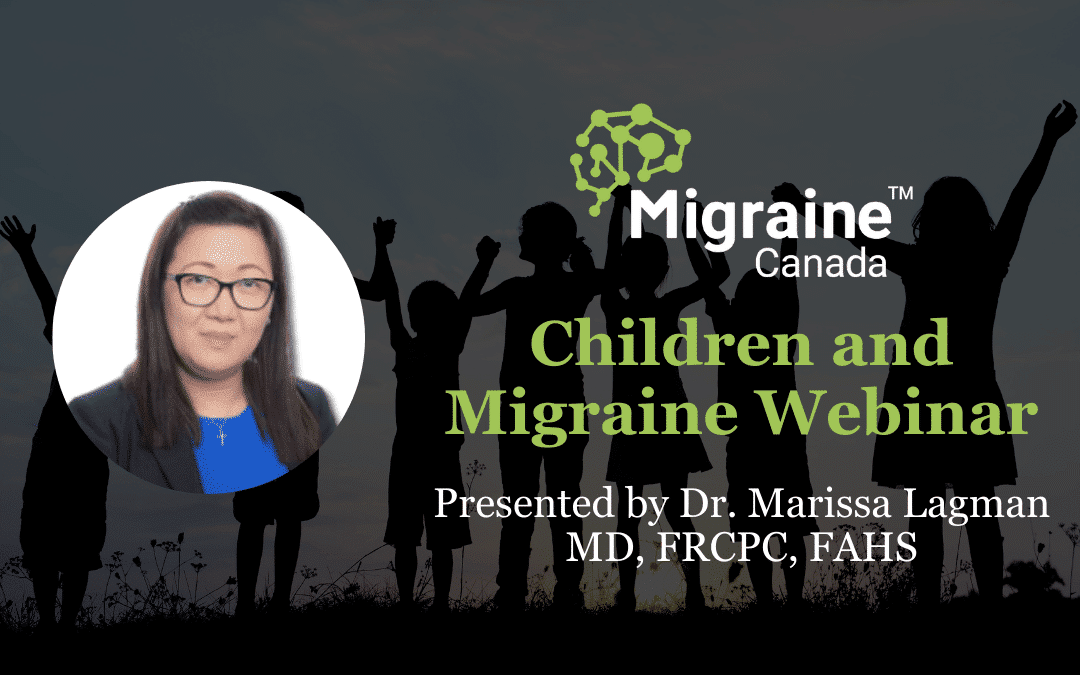
Children and Migraine – Webinar
Join Migraine Canada for an enlightening webinar on children and migraine with Dr. Marissa Lagman, MD, FRCPC, FAHS. Dr. Lagman explores essential topics including the presentation of pediatric...

Migraine Talks Episode 11: When Children Have Migraine
In episode #11 paediatric neurologist Alexandra Faber joins Dr. Elizabeth Leroux to tackle the topic of migraine in children. Since children’s symptoms often differ from adults’, and they may...
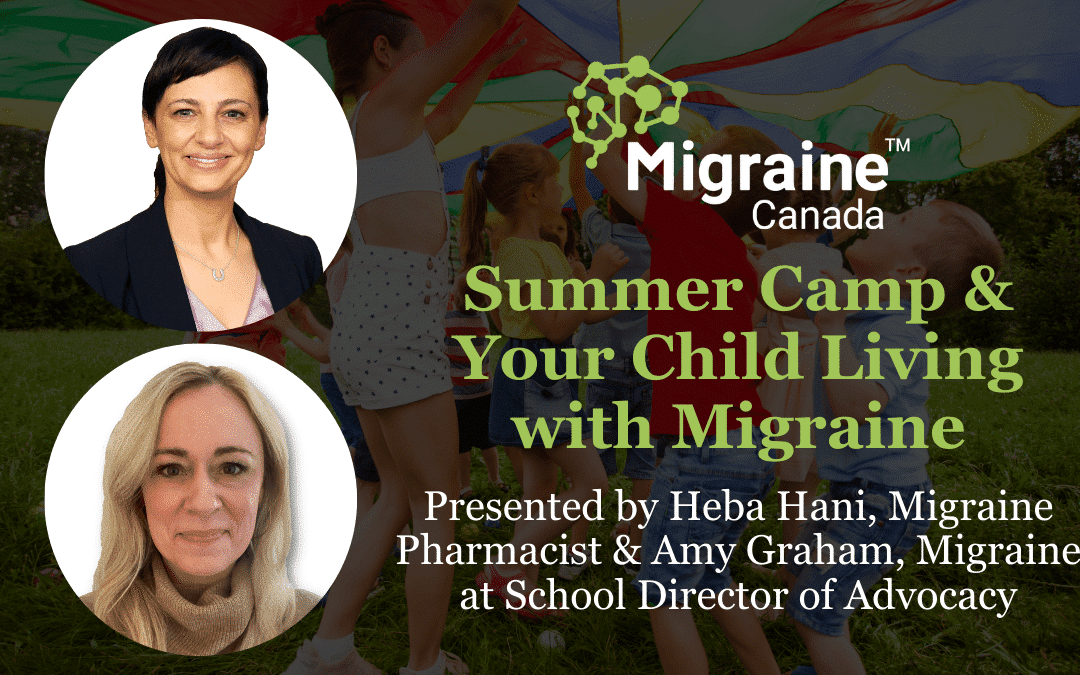
Summer Camp & Your Child Living with Migraine
Join our pharmacist Heba Bani Hani and Amy Graham, Director of Advocacy at Migraine at School, as they dive into essential tips for preparing your child with migraine for a fantastic summer camp...
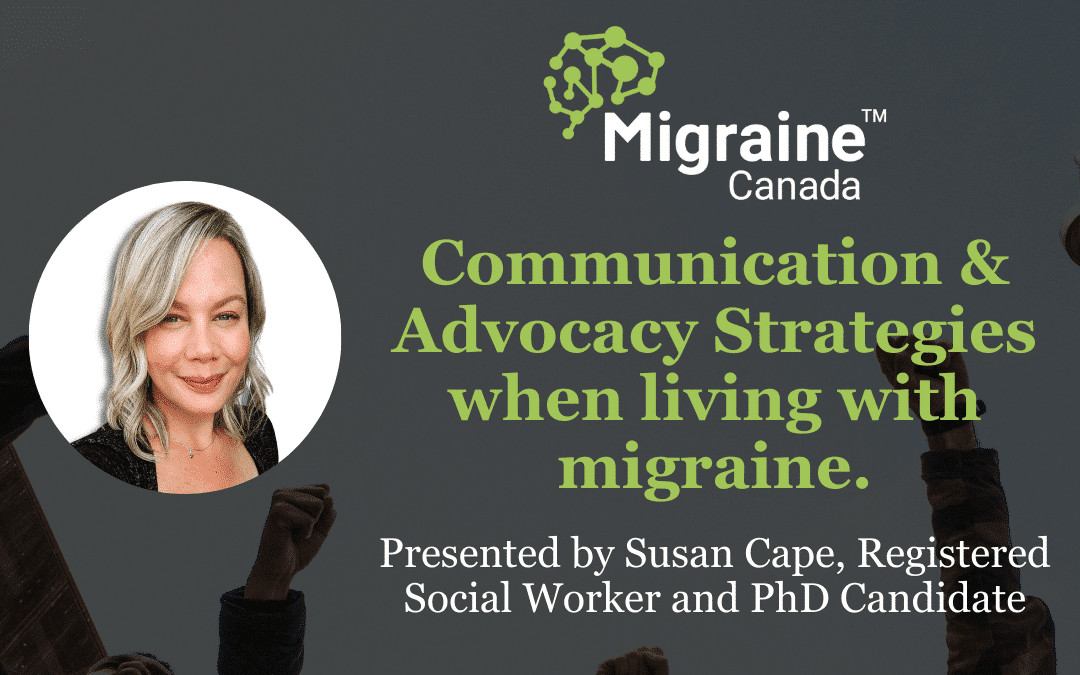
Communication & Advocacy Strategies when living with migraine
Discover essential insights on managing migraine through effective communication and support strategies in this insightful webinar from Migraine Canada. Whether you're a migraine patient navigating...
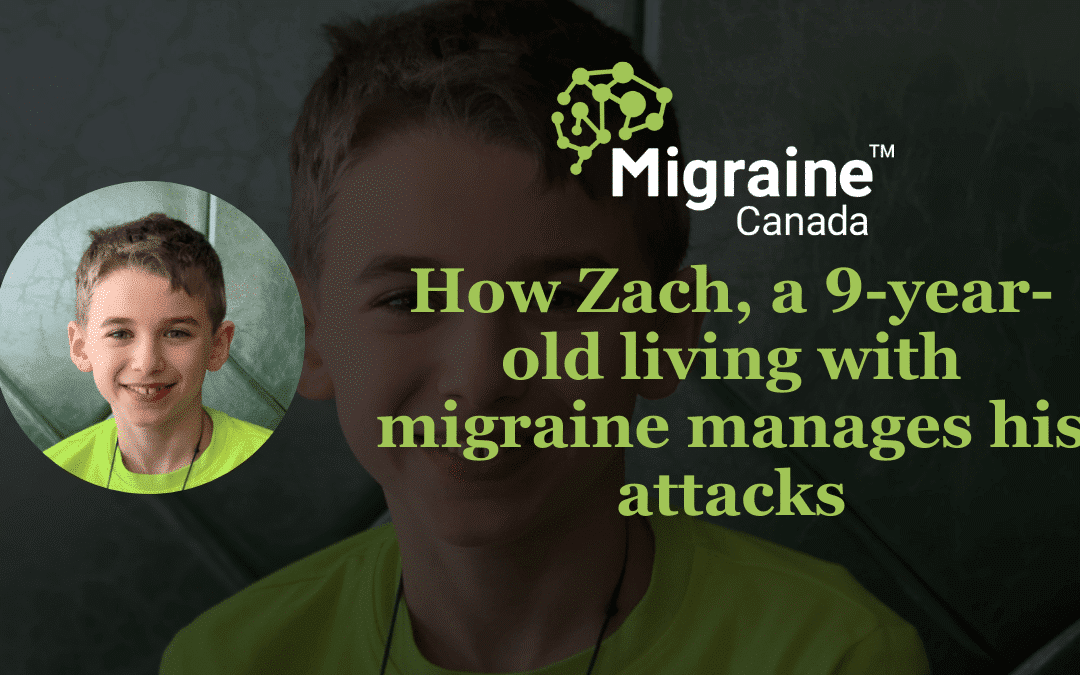
The Impact of pediatric migraine
Welcome to our video featuring Dr. Serena Orr, a child neurologist specializing in headache medicine, alongside Zach, a brave nine-year-old sharing his journey with migraine. Did you know that 1 in...
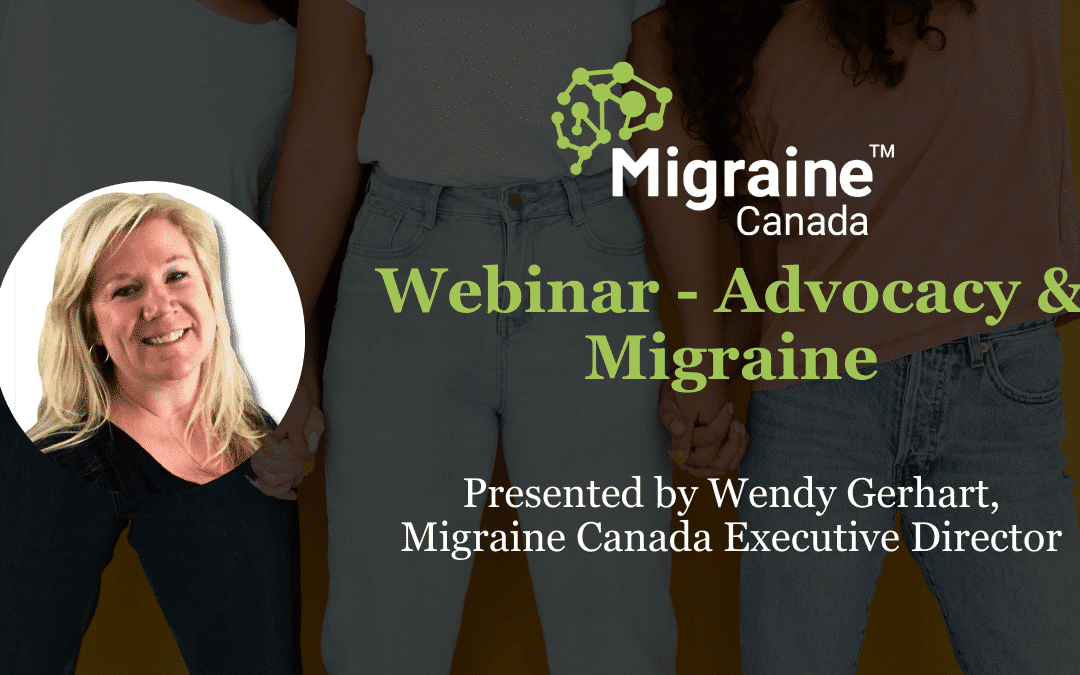
Advocacy & Migraine – Webinar
In this session, we discuss essential topics around migraine advocacy and treatment access in Canada. Led by Migraine Canada, we'll explore the landscape of reimbursement for migraine therapies,...
Frequently Asked Questions on Migraine at School and Camp
What migraine symptoms can impact school performance?
Most of the symptoms of a migraine attack will impact school performance. These include:
- Severe and disabling pain
- Intolerance to physical effort
- Sensitivity to light and sound
- Nausea and vomiting
- Lightheadedness or dizziness *** Link? ***
- Feeling “foggy” and slowed thinking
- Fatigue and difficulty concentrating
- Aura, including vision and speech impairment *** Link not available ***
Many people with migraine deal with sensitivities even when they are not having an attack, which can cause day-to-day disruptions. Side-effects from medications and lifestyle adaptations one might make to avoid triggers could also have an impact. It is important to work together with educators and institutions to find solutions and/or accommodations for challenges that are causing serious disruptions.
How can a student manage anxiety about possible migraine attacks while at school?
Fear of migraine attacks disrupting school activities is normal. Finding ways to calm anxiety can ease the burden of living with migraine and improve symptoms. For more information, visit our Relaxation Practice post.
What can someone do if they have a migraine attack at school?
Here are the steps to follow to be able to treat your migraine attack:
- See your doctor and get a prescription
- Learn about the medication, what it is and how much you can use
- Discuss with school staff and/or administration to get the authorization to take your medication when you
- need it. It is a good idea to carry information about the medication as well.
- If an attack starts, take the medication as early as possible (LINKIN Treating early).
- Check if it is possible for you to rest in a quiet and dark room during the attack, and drink water if needed.
- If you have different types of migraine, some more severe, determine when it’s necessary to contact your parents.
Can I request accommodations for my migraine or my child’s migraine?
According to the World Health Organization, a severe migraine attack is as disabling as being quadriplegic, psychotic, or in the terminal stages of a cancer. Migraine absolutely can be disabling and accommodations often help to enhance learning.
To get started, arrange a meeting with teachers and school staff to discuss the condition and necessary accommodations. Be specific about what would help! Examples of accommodations include:
- modified school days
- extended test/exam times
- flexible deadlines
- access to missed assignments
- a quiet space during attacks.
Provide a letter from a doctor explaining migraine and necessary accommodations. If you are a post-secondary student, you may need specific forms, for example from your institution’s Accessibility Services unit.
Accommodations help manage migraine attacks and enhance learning. The focus should be on enabling progress and successful graduation. Collaborating with your health team and school staff can effectively manage migraine and support academic success.
Should I inform the school or camp about my child’s migraine diagnosis?
Yes! Your child’s teachers and administrators play a critical role in supporting your child. It is paramount you proactively provide your child’s teacher and school administration with information on migraine. It’s important to inform educators on the debilitating symptoms of migraine, as well as your child’s specific diagnosis, as it is not always a well-understood disorder.
You should plan regular meetings to discuss your child’s situation, prescribed treatment plan and helpful accommodations that should be implemented. Emphasis should be made on the importance of administering medication as soon as your child begins to feel the onset of a migraine and that acute medication must be taken VERY QUICKLY to prevent worsening and a prolonged headache and helpful accommodations (somewhere quiet and dark to rest after taking medication). With successful early treatment of a migraine attack, the goal is to return to school activities after this time.
